Western policymakers have struggled to categorize the Russian political system, often resorting to vague phrases such as “illiberal democracy” or “authoritarianism.” If anything, the Russian system should be characterized as proto-fascist – tamer than the interwar European fascist states, but featuring key elements of those regimes.
MOSCOW – Western policymakers in recent years have struggled to categorize the Russian political system, often resorting to vague phrases such as “illiberal democracy” or “authoritarianism.”
If anything, the Russian system should be characterized as proto-fascist – tamer than European fascist states during the 1920s and 1930s, but still featuring key elements of those regimes. These include the structure of Russia’s political economy; the idealization of the state as a source of moral authority; and Russia’s particular brand of international relations.
In The Anatomy of Fascism, Columbia University historian Robert O. Paxton writes that:
“Fascism may be defined as a form of political behavior marked by obsessive preoccupation with community decline, humiliation, or victimhood and by compensatory cults of unity, energy, and purity, in which a mass-based party of committed nationalist militants, working in uneasy but effective collaboration with traditional elites, abandons democratic liberties and pursues with redemptive violence and without ethical or legal constraints goals of internal cleansing and external expansion.”
In a 1995 essay for The New York Review of Books, the novelist Umberto Eco, who was born during Italian fascism in 1932, defines fascism expansively as a “cult of tradition” based in “selective populism.” And as early as 1939, Peter Drucker claimed in The End of Economic Man: The Origins of Totalitarianism, that “fascism is the stage reached after communism has proven an illusion.”
Judging by these definitions, it would be difficult today to find any trend in Russian political society that could not be labeled fascist.
For starters, consider the state’s encroachment into the economy. Russian President Vladimir Putin has been hoarding national wealth in state-owned banks and now refers to Russian oil and gas companies as “national treasures.” His goal is to establish new “state corporations,” even as the state ownership in the economy already well exceeds 60%. Meanwhile, independent trade unions have been all but crushed, and oligarchs now declare themselves willing to render their property to the state as needed.
Moreover, Putin now has near-absolute control over the use of violence, thanks to multiple “enforcement agencies” that report to him directly, including the Army, the Ministry of the Interior, the Federal Security Service, a 30,000-member Federal Guard Service that was created in 2002, and a 400,000-member National Guard that was created earlier this year. And this doesn’t include state corporations’ own “private armies” or loyal warlords like Ramzan Kadyrov in Chechnya. Kadyrov commands an estimated 30,000 armed enforcers, and his followers have been accused of retaliating against dissidents.
Completing the formula, Putin appeals to Russians’ sense of historical loss and former glory, openly praising irredentism and militarization. Victory Day celebrations commemorating the Soviet Union’s defeat of Nazi Germany now surpass the bombast of the Soviet period; and state propaganda constantly fuels anti-Western sentiment with claims that parts of “historical Russia” were illegally seized – hence the need to “reclaim” Crimea by force in March 2014.
In fact, Russia’s propaganda machine is its most profound proto-fascist achievement. Putin can surround ordinary Russians with the uninterrupted message that theirs is a modern economy on par with leading global powers. And each year, populist rhetoric about a “national renaissance” and a “showdown with the enemies” grows stronger.
But Russia’s nod to fascism poses little long-term danger, for three reasons. First, fascist elements in Russia did not emerge organically as they did in Europe in the early twentieth century. Rather, they are being imposed on Russian society by the state, whose leader enjoys far-reaching power under the 1993 constitution. Without any deep national roots among the people, the fascist structures being built can be easily dismantled.
Second, Russia is a multi-ethnic country that for centuries developed as an empire, not as a nation-state. Therefore, fascistic tendencies here are more imperialistic than nationalistic. And, notwithstanding Russia’s aggression in its “near abroad,” it lacks the economic wherewithal to sustain an empire.
Third, and most important, Putin’s Russia is a cult of personality. Short of a North Korean-style dynastic succession, these regimes never outlive the leader, whether in Italy, Germany, Spain, or Portugal. Or as Putin’s deputy chief of staff, Vyacheslav Volodin, unwittingly put it: “Any attack on Putin is an attack on Russia….[T]here is no Russia today if there is no Putin.”
Russia’s current geopolitical neighborhood is far less tolerant of totalitarian ideologies than it was 90 years ago. Western powers need not undermine or destroy Putin’s Russia; they simply need to outlive it. Even with the diminished power of so many Western countries today, that should be achievable.
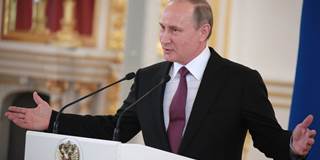
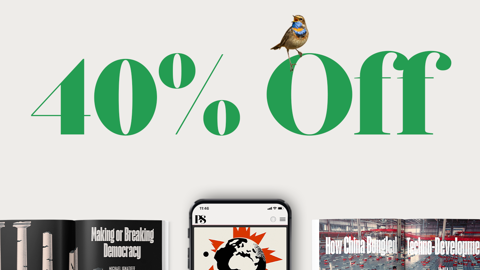
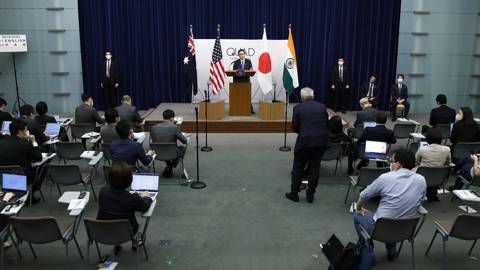
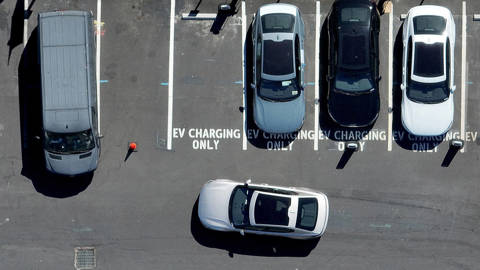
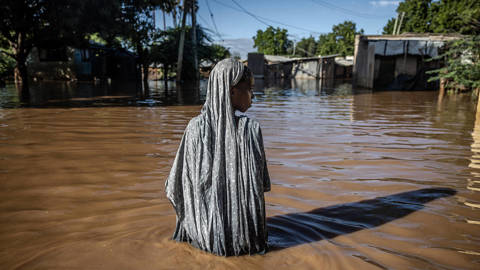
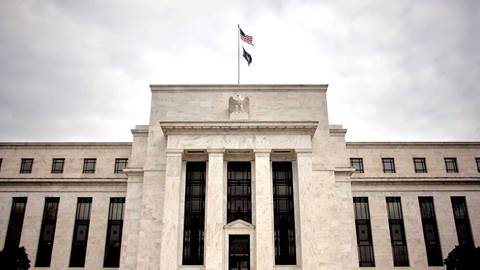

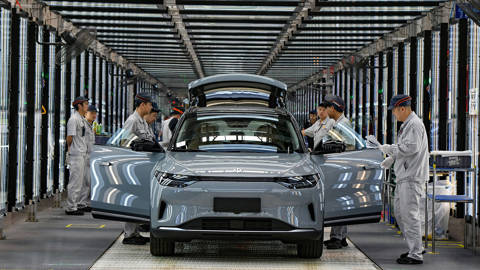
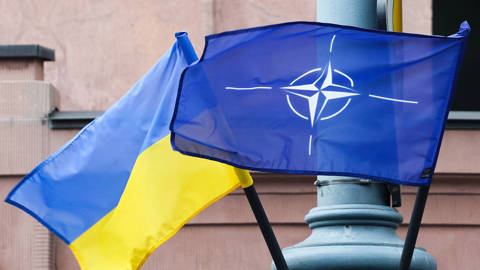


MOSCOW – Western policymakers in recent years have struggled to categorize the Russian political system, often resorting to vague phrases such as “illiberal democracy” or “authoritarianism.”
If anything, the Russian system should be characterized as proto-fascist – tamer than European fascist states during the 1920s and 1930s, but still featuring key elements of those regimes. These include the structure of Russia’s political economy; the idealization of the state as a source of moral authority; and Russia’s particular brand of international relations.
In The Anatomy of Fascism, Columbia University historian Robert O. Paxton writes that:
“Fascism may be defined as a form of political behavior marked by obsessive preoccupation with community decline, humiliation, or victimhood and by compensatory cults of unity, energy, and purity, in which a mass-based party of committed nationalist militants, working in uneasy but effective collaboration with traditional elites, abandons democratic liberties and pursues with redemptive violence and without ethical or legal constraints goals of internal cleansing and external expansion.”
In a 1995 essay for The New York Review of Books, the novelist Umberto Eco, who was born during Italian fascism in 1932, defines fascism expansively as a “cult of tradition” based in “selective populism.” And as early as 1939, Peter Drucker claimed in The End of Economic Man: The Origins of Totalitarianism, that “fascism is the stage reached after communism has proven an illusion.”
Judging by these definitions, it would be difficult today to find any trend in Russian political society that could not be labeled fascist.
SPRING SALE: Save 40% on all new Digital or Digital Plus subscriptions
Subscribe now to gain greater access to Project Syndicate – including every commentary and our entire On Point suite of subscriber-exclusive content – starting at just $49.99.
Subscribe Now
For starters, consider the state’s encroachment into the economy. Russian President Vladimir Putin has been hoarding national wealth in state-owned banks and now refers to Russian oil and gas companies as “national treasures.” His goal is to establish new “state corporations,” even as the state ownership in the economy already well exceeds 60%. Meanwhile, independent trade unions have been all but crushed, and oligarchs now declare themselves willing to render their property to the state as needed.
Moreover, Putin now has near-absolute control over the use of violence, thanks to multiple “enforcement agencies” that report to him directly, including the Army, the Ministry of the Interior, the Federal Security Service, a 30,000-member Federal Guard Service that was created in 2002, and a 400,000-member National Guard that was created earlier this year. And this doesn’t include state corporations’ own “private armies” or loyal warlords like Ramzan Kadyrov in Chechnya. Kadyrov commands an estimated 30,000 armed enforcers, and his followers have been accused of retaliating against dissidents.
Completing the formula, Putin appeals to Russians’ sense of historical loss and former glory, openly praising irredentism and militarization. Victory Day celebrations commemorating the Soviet Union’s defeat of Nazi Germany now surpass the bombast of the Soviet period; and state propaganda constantly fuels anti-Western sentiment with claims that parts of “historical Russia” were illegally seized – hence the need to “reclaim” Crimea by force in March 2014.
In fact, Russia’s propaganda machine is its most profound proto-fascist achievement. Putin can surround ordinary Russians with the uninterrupted message that theirs is a modern economy on par with leading global powers. And each year, populist rhetoric about a “national renaissance” and a “showdown with the enemies” grows stronger.
But Russia’s nod to fascism poses little long-term danger, for three reasons. First, fascist elements in Russia did not emerge organically as they did in Europe in the early twentieth century. Rather, they are being imposed on Russian society by the state, whose leader enjoys far-reaching power under the 1993 constitution. Without any deep national roots among the people, the fascist structures being built can be easily dismantled.
Second, Russia is a multi-ethnic country that for centuries developed as an empire, not as a nation-state. Therefore, fascistic tendencies here are more imperialistic than nationalistic. And, notwithstanding Russia’s aggression in its “near abroad,” it lacks the economic wherewithal to sustain an empire.
Third, and most important, Putin’s Russia is a cult of personality. Short of a North Korean-style dynastic succession, these regimes never outlive the leader, whether in Italy, Germany, Spain, or Portugal. Or as Putin’s deputy chief of staff, Vyacheslav Volodin, unwittingly put it: “Any attack on Putin is an attack on Russia….[T]here is no Russia today if there is no Putin.”
Russia’s current geopolitical neighborhood is far less tolerant of totalitarian ideologies than it was 90 years ago. Western powers need not undermine or destroy Putin’s Russia; they simply need to outlive it. Even with the diminished power of so many Western countries today, that should be achievable.